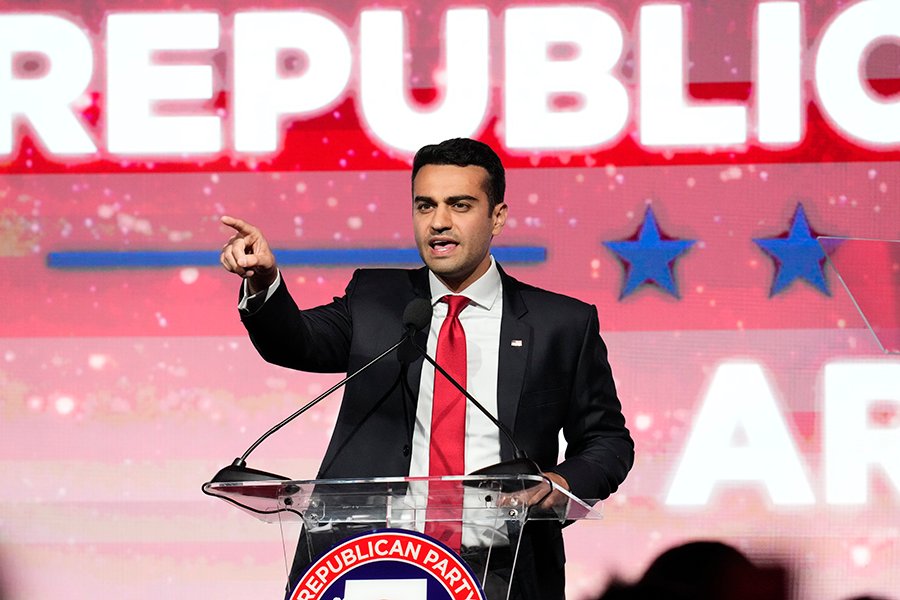Abe Hamadeh
Appeals Court Upholds AG Election, Secures Voter Choices on Critical Propositions

A three-judge panel has dismissed allegations from attorney Ryan Heath and his client, Abe Hamadeh, who contended that Maricopa County improperly included early ballots in the final results of the 2022 attorney general race. This decision effectively upholds Katie Mayes’ victory, which was previously questioned by Hamadeh.
Heath argued that disregarding the contested early ballots would eliminate Mayes’ 280-vote lead. He sought to invoke a little-known legal principle known as “quo warranto” to challenge Mayes’ right to office. However, the appellate judges found the claims to be baseless.
In addition to questioning the election outcome, the consolidated appeal also targeted two ballot measures from the same election. One measure, Proposition 308, aimed to grant in-state tuition to Arizona high school graduates irrespective of their immigration status. Heath contended the alleged irregularities in the ballot count meant Proposition 308 had not actually been passed.
Hamadeh’s legal team asserted a similar argument for Proposition 309, which sought to tighten voter identification requirements. They claimed that if the improper ballots were excluded, the proposition would have received sufficient votes to pass despite the official tally showing a rejection.
Ultimately, the appellate court, led by Judge David Weinzweig, ruled against the appeals due to their untimeliness. The judges noted that potential issues concerning early ballot verification protocols should have been raised prior to the election. They referenced Maricopa County’s announcement about its signature verification process made public six months ahead of the voting, which complied with legal requirements.
Despite the rejection, Hamadeh received a minor victory in that he and his associates will not be liable for $200,000 in legal expenses previously ordered by a lower court. The earlier ruling had labeled Hamadeh’s lawsuits as “groundless and unjustified.”
Additionally, the appellate court did not endorse Heath’s “quo warranto” argument, clarifying that such claims require a strong basis for asserting one’s rightful claim to office, rather than simply challenging another’s validity.
The court found merit in Hamadeh’s theories regarding signature verification methods, suggesting that the issues were not entirely frivolous and thus warranted a more lenient stance on financial penalties.
Hamadeh is now pursuing a separate case before the Arizona Supreme Court, claiming insufficient time was allocated to investigate potential election irregularities. This claim has already been dismissed by the Court of Appeals.


















